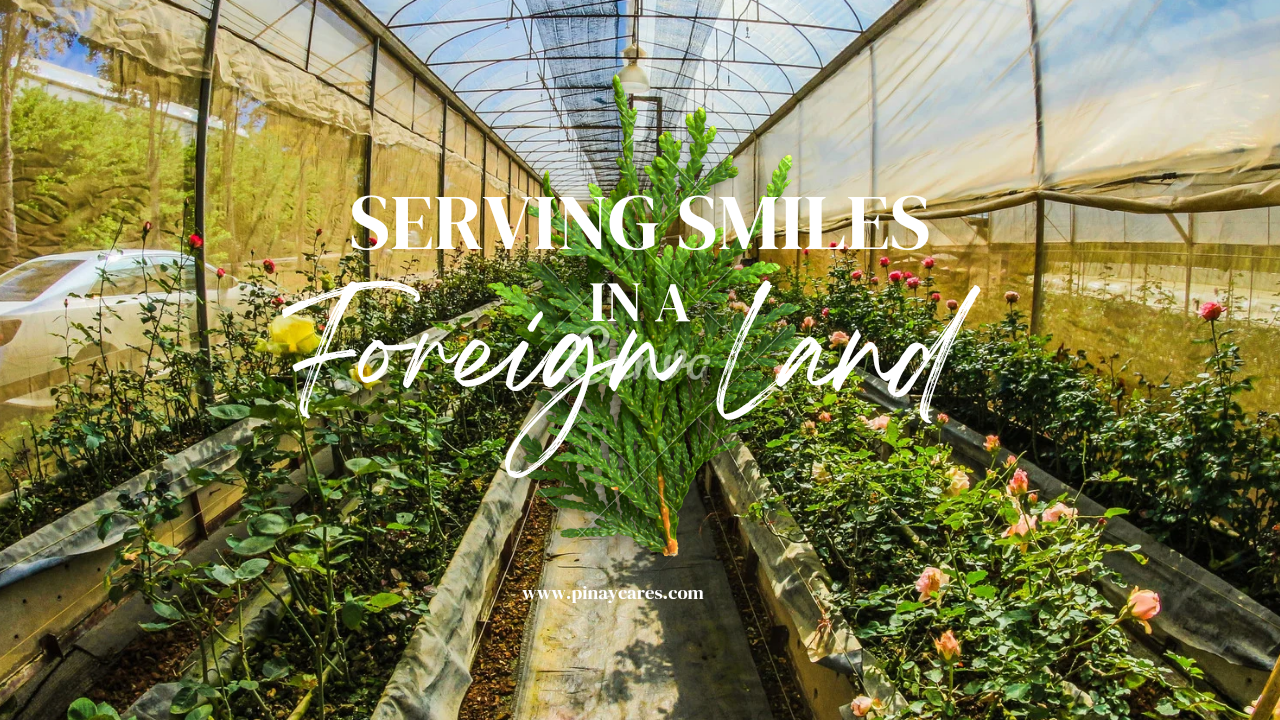Before she wore a crisp uniform and gracefully carried trays in a five-star restaurant in Manama, Reina Dela Cruz spent her days helping her mother sell banana cue outside their home in San Jose, Nueva Ecija. She had always been polite, cheerful, and hardworking traits that served her well, but rarely earned more than a few pesos at the end of a long day.
After high school, Reina worked as a cashier in a local fast food chain. Though she enjoyed the work, the salary wasn’t enough to support her aging parents and younger brother, who had just started college. She longed for a job where her effort could truly make a difference in her family’s life.
That opportunity came when her cousin, an OFW in Bahrain, told her about job openings for food service workers in a hotel. With some hesitation and a lot of prayers, Reina applied. She borrowed money for her placement fees and passport, practiced basic Arabic phrases, and trained herself in fine dining etiquette by watching YouTube videos. When she finally arrived in Bahrain, reality hit her hard.
The kitchen was hot, the hours long, and some customers were unkind. She had to stand for nearly 12 hours, learn the menu in both English and Arabic, and memorize complicated table numbers. Her accent sometimes made communication difficult, and the cultural differences were jarring. Some coworkers were friendly; others looked down on her. But Reina was determined.
She smiled at every guest, remembered their preferences, and always responded with patience even when she was tired or treated unfairly. Slowly, she earned the respect of her supervisors. One manager even remarked, “You treat this restaurant like your own home.”
After a year, Reina was promoted to senior waitress, overseeing a small team of newcomers many of them also Filipinos. She trained them with kindness, sharing the tips she learned the hard way. She handled VIP customers with professionalism and had a reputation for being the most dependable during busy weekends.
Back home, her monthly remittances meant everything. Her brother was able to finish his engineering degree. Her father, once a tricycle driver, could now rest due to health issues. Her mother finally stopped selling snacks on the street, replaced by a small sari-sari store that Reina helped fund.
Despite the long hours and occasional homesickness, Reina never regretted her choice. On her days off, she joined church gatherings, called her family, and sometimes even sang at Filipino community events. her voice, sweet and sincere, reminded everyone of home.
After five years, she decided to return to the Philippines not because she was tired, but because she was ready. She had saved enough to open her own small cafe in Nueva Ecija, which she named “cafe Reina” s tribute to her journey.
Inside the cafe, she trained her staff the same way she was trained: with discipline, respect, and heart. And though she no longer served guests in Bahrain, her mission remained the same to serve with a smile, and to build a life shaped by dignity, resilience, and dreams fulfilled.



